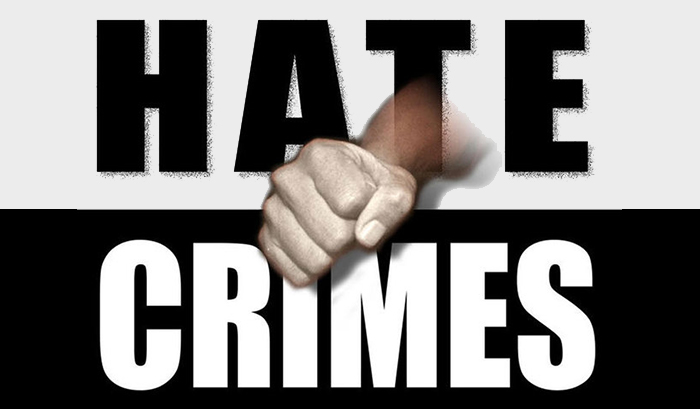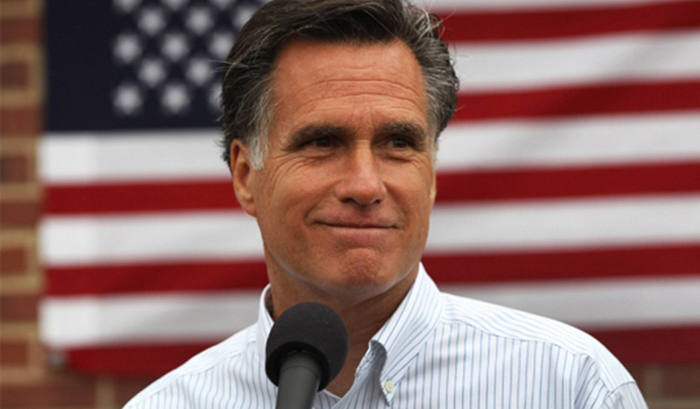[img]1792|right|Jim Clarke||no_popup[/img]The safest wager in Culver City, on any of the seven days, at any of the 24 hours, is that when you corner City Councilman Jim Clarke, he is on the way to his next stop.
He covers more ground in a single day than a globe-girdling airline pilot.
This afternoon he was en route to a Chanukah celebration at the Senior Center.
The main target date on Mr. Clarke’s calendar is a week from Sunday when he officially will open a campaign for his first full four-year term on the City Council. Mr. Culver City, Mike Cohen, will host Opening Day for Mr. C, from 2 to 4 at his home on Jasmine Avenue.
The Los Angeles City Council made news this week when City Hall launched a Bring Your Own Bag program to prepare Los Angeles residents for the citywide plastic bag ban that starts in a month, on Jan. 1.
The transition should be as smooth as it has been in Culver City.
My family is known for entering markets bearing cloth bags stacked shoulder high, though the viewpoints at home are not unanimous.
Mr. Clarke is an enthusiastic advocate of making plastic bags virtually vanish from human hands for two reasons:
• “They are not biodegradable,
• “They damage water life and
• “They are terrible for landfills.”
Rather quietly, Culver City has imposed the prohibition on 84 retail establishments, with the notable exceptions of restaurants and the produce sections of markets.
An unsettled debate is whether plastic bags are single-use containers.
The stylishly liberal L.A. Councilman Paul Krekorian, in no danger of being accused of delivering a latter-day Gettysburg Address, calmly assessed the coming funeral for plastic bags with typical unserious hyperbole:
“This will be a better city when we are without plastic bags,” he told Rick Orlov of the Daily News the other day. “This city is spending millions of dollars a year cleaning up plastic bags.
“The average life span of use of a plastic bag is 15 minutes or a half-hour, the time it takes you to get home from a supermarket.”
To those who say that if plastic bags are forbidden, why should paper bags be allowed to live, Mr. Clarke points out that paper is biodegradable.
To critics who link paper bags to vanquishing trees, Mr. Clarke reminds, “Trees are a renewable resource.
“More and more paper bags that are being used are made with recyclable paper,” he says.
“I think the shift was made to plastic a few years ago because plastic is lighter weight. In bulk, it probably was easier for stores to handle. And if something was wet, plastic bags didn’t break.”
I think I was making those positive arguments the other evening.







